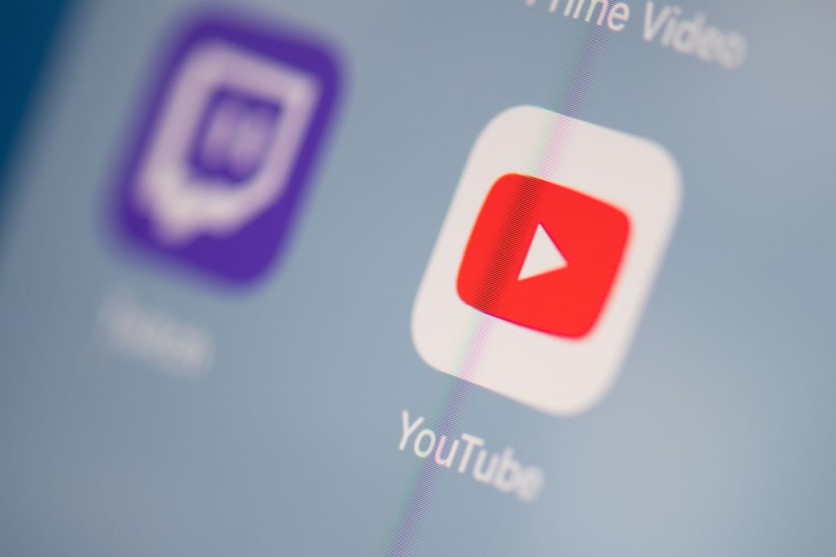As AI-generated music finds a growing haven on YouTube, the platform is earnestly navigating the delicate equilibrium between the technology's enthusiasts and the music labels keen on safeguarding their copyright interests.

YouTube on AI-Generated Music
Collaborating closely with record labels, YouTube is forging guidelines to govern the treatment of AI-generated music within its platform while also paving the way for mutual monetization prospects for companies and content creators.
In a recent blog post, the platform has outlined its commitment to fortifying its rights management system, Content ID, augmenting its policies concerning uploading manipulated content, and rolling out cutting-edge generative AI tools designed to swiftly pinpoint videos that contravene its regulations.
YouTube Chief Executive Officer Neal Mohan underscored the potential impact of generative AI systems, cautioning that they could exacerbate ongoing issues like trademark and copyright misuse, misinformation, and spam.
However, Mohan also highlighted the positive side, noting that AI could play a role in identifying and addressing such problematic content. He assured that YouTube remains dedicated to investing in AI-powered technology to protect the diverse community of viewers, creators, artists, and songwriters the platform encompasses.
While specifics regarding these forthcoming investments are yet to be unveiled, YouTube is committed to finding a balance between protecting rights and fostering creative innovation among content creators. This aspiration extends to exploring avenues for monetizing AI-generated content.
A TikTok-viral AI-generated track titled "Heart On My Sleeve," seemingly featuring vocals resembling Drake and The Weeknd, gained attention in April. The Verge reported that the song's popularity made it appear on streaming platforms, including YouTube.
UMG, representing Drake, released a forceful statement asserting that AI-generated music breaches copyright regulations, resulting in the eventual removal of the song from YouTube.
Confusion prevails over the rights surrounding AI-generated content, exacerbated by a DC district court judge's verdict stating that AI-generated art is ineligible for copyright protection.
Google, the parent company of YouTube, and Universal Music Group (UMG) are currently negotiating to secure licenses for artists' voices and melodies.
These licenses would facilitate the training of artificial intelligence (AI) models, indicating a potential collaboration between the music industry and technology giants to advance the capabilities of AI-driven music generation and related applications.
YouTube Partnering With the Music Industry on AI Technology
YouTube is taking a "responsible" approach to AI in music, starting with its Music AI Incubator in collaboration with UMG and artists like Rosanne Cash and Yo Gotti.
The focus is on preventing copyright violations and offering opportunities for involvement. While specifics are pending, it's expected to expand on the Content ID system for flagging rights issues and enhance existing content policies.
More details are expected to emerge in the coming months, covering policies, technologies, and monetization for creators. Engadget reported that YouTube has revealed a set of principles for AI music.
However, its outlined principles remain broad but in theory, it encourages adoption while keeping artists paid. In the coming months, the public can expect more comprehensive information to be revealed, encompassing policies, specific technologies, and avenues for creators to monetize their content.
Related Article : YouTube Explores AI-Generated Video Summaries

ⓒ 2025 TECHTIMES.com All rights reserved. Do not reproduce without permission.




